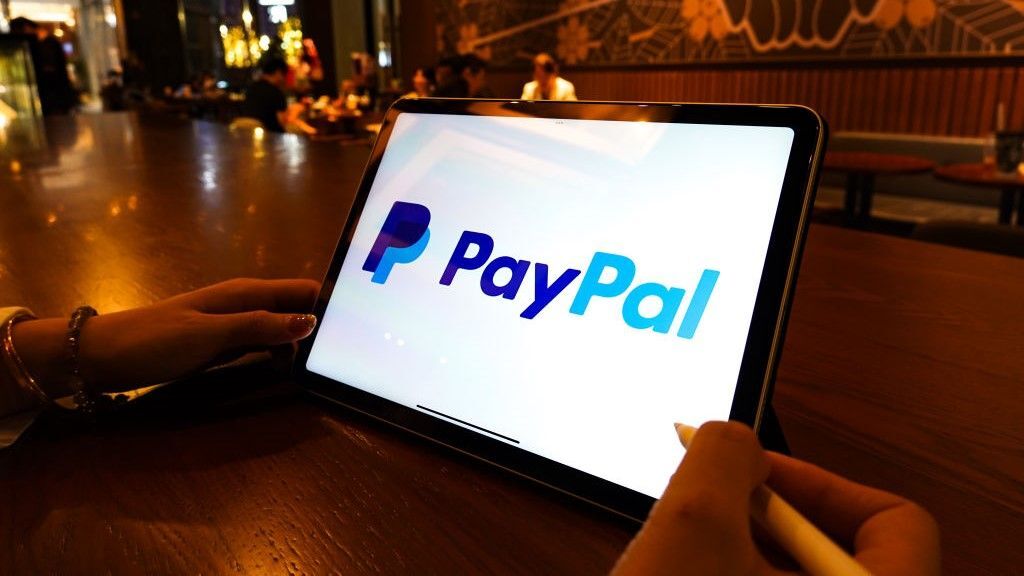Depending on where you’re based, you’ll find PayPal’s new data-sharing option under a different name. Remember, you may not see this at all if you’re based in a country that doesn’t allow it.
If you’re in the US, you should head to your profile Settings and tap on Data & privacy. Under Manage shared info, click on Personalized shopping. You should see the option enabled by default. Toggle off the button at the right to opt-out.
If you are in the UK like me, you’ll see something different after you head to your profile Settings and tap on Data & privacy.
Under Manage your privacy settings, here you’ll see an Interest-based marketing tab – click on it. At this point, two options will appear: Interest-based marketing on PayPal and Internet-based marketing on your accounts. You have to tap on each of these and toggle off the button at the right to opt-out. These instructions can also apply if you’re based in the EU.



Ah so now they’re a poor steward of my data as well as my money?
Yea, paypal is bad news all around
I guess most people don’t know most banks have electronic funds transfer, or virtual credit cards, etc.
deleted by creator
Ye, i dont know how it is worldwide but here in west europe paying online with your bank is just like paying with paypal. The only advantages paypal has over my bank is its return policy and it technically not directly linking the purchase with my personal info.
I havent used paypal in a while tbh…
In the US, you typically have to type in your debit/ credit card’s info (the 16-digit number, the 3-digit security code, the cardholder’s name, and the billing address on file with the bank) on a website in order to purchase something unless you’re using PayPal, Google Pay, or something similar to that that the website supports. If you’re using any of those, a pop-up usually opens asking for login info, then you select a card or bank account to use for the purchase.
I know about all of those. But so many websites only accept PayPal - especially small businesses. There’s a bunch of regulatory hurdles a website doesn’t have to worry about if they just have PayPal take care of everything related to payment.